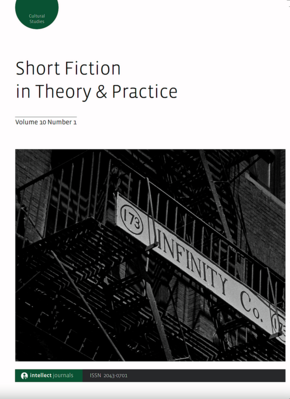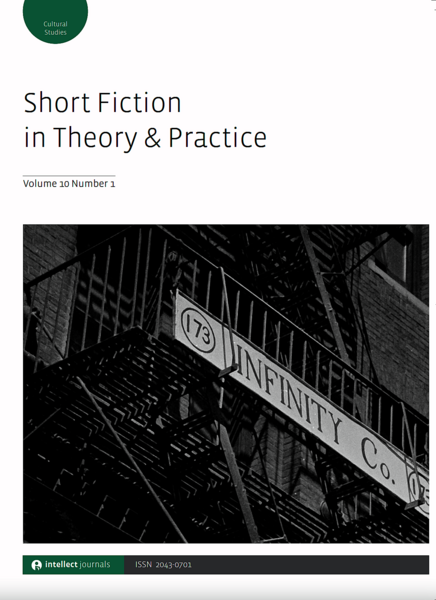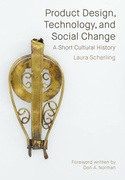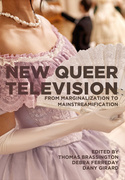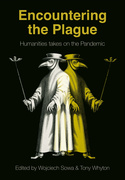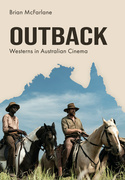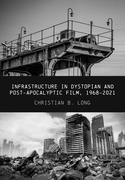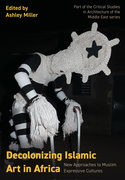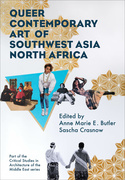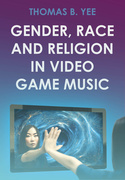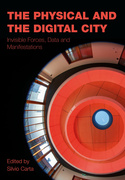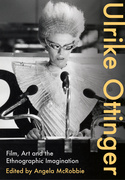Editorial Board
Jochen Achilles
University of Wuerzberg, Germany
Isabel Alves
University of Trás-os-Montes and Alto Douro, Portugal
Timothy Baker
University of Aberdeen, UK
Julie Bates
Trinity College Dublin, Ireland
Alexander Beaumont
York St John University, UK
Erin Bell
University of Detroit Mercy, US
Alex Benson
Bard College, US
Ina Bergmann
University of Würzburg, Germany
José Bértolo
NOVA University of Lisbon, Portugal
Corinne Bigot
Paris Sorbonne Nouvelle, France
Carmen Birkle
Philipps University, Germany
Naomi Booth
Durham University, UK
Nick Bradley
Cambridge University, UK
Isabelle Brasme
University of Nimes, France
Kym Brindle
Edge Hill University, UK
Rita Bueno Maia
Catholic University of Portugal, Portugal
Stephen Burn
University of Glasgow, UK
Ashley Chantler
University of Chester, UK
Kritika Chettri
University of North Bengal, India
Philip Coleman
Trinity College Dublin, Ireland
Billy Cowan
Edge Hill University, UK
Alexander Creighton
Harvard University, US
Gill Davies
Independent Scholar, UK
Aaron Deveson
National Taiwan Normal University, Taiwan
Elke D’hoker
KU Leuven, Belgium
Dan Disney
Sogang University, Korea
José Duarte
University of Lisbon, Portugal
Lucy Dawes Durneen
Cambridge University, UK
Karen D’Souza
Edge Hill University, UK
Melanie Ebdon
Staffordshire University, UK
Leena Eilitta
Helsinki University, Finland
Lucy Evans
University of Leicester, UK
Paul Fagan
Maynooth University, Ireland
Ana Raquel Fernandes
University of Lisbon, Portugal
Nicholas Foxton
Kingston University, UK
Sean Gregory
Leeds Arts University, UK
Gaïd Girard
Université de Bretagne Occidentale, France
Andy Hedgecock
Independent Scholar, UK
Ursula Hurley
Salford University, UK
Bettina Jansen
Independent Scholar, Germany
Stefano Jossa
Royal Holloway University of London, UK
Helena Kadmos
The University Of Notre Dame Australia
Barbara Korte
University of Freiburg, Germany
Naomi Kruger
University of Central Lancashire, UK
Laurie Kruk
Nipissing University, Canada
Zoe Lambert
Lancaster University
Laura Lojo-Rodriguez
University of Santiago de Compostela, Spain
Micaela Maftei
Independent Scholar, Canada
Paul March-Russell
Independent Scholar, UK
Saskia McCracken
Independent Scholar, UK
Moy McCrory
University of Derby
Andy McInnes
Edge Hill University, UK
Adnan Mahmutovic
Stockholm University, Sweden
David Malcolm
SWPS University, Poland
Victoria Margree
University of Brighton, UK
Cecilia Maria Beecher Martins
University of Lisbon, Portugal
Bénédicte Meillon
University of Perpignan, France
Laurent Mellet
Université Toulouse Jean Jaurès, France
Ana Cristina Mendes
University of Lisbon, Portugal
Sylvia Mieszkowski
University of Vienna, Austria
Judith Misrahi-Barak
Université Paul-Valéry Montpellier 3, France
Jennifer Murray
University of Franche-Comté, France
Pablo Muslera
University of South West Australia, Australia
Ira Nadel
University of British Columbia, Canada
Derek Neale
The Open University, UK
Helen Newall
Edge Hill University, UK
Bran Nicol
University of Surrey, UK
Chiara Nifosi
University of Chicago, USA
Mohamad Rashidi Mohd Pakri
USM, Malaysia
Gerald Preher
University of Artois, France
Joanne Reardon
The Open University, UK
Christine Reynier
Université Paul Valéry Montpellier 3, France
Eleanora Rao
Università degli Studi di Salerno, Italy
Sue Roe
Independent Scholar, UK
C. D. Rose
Independent Scholar, UK
Michelle Ryan-Sautour
University of Angers, France
Suzanne Scafe
London South Bank University, UK
Barbara Schaff
University of Göttingen, Germany
Oliver Scheiding
University of Mainz, Germany
Philip Schweighhauser
University of Basle, Switzerland
Sarah Schofield
Edge Hill University, UK
Laura Tansley
University of Glasgow, UK
Jonathan Taylor
University of Leicester, UK
Tom Ue
Cape Breton University, Canada
Dagmar Vandebosch
KU Leuven, Belgium
Minna Vuohelainen
City University London, UK
Sarah Whitehead
Kingston University, UK
Emma Young
Manchester Metropolitan University, UK

